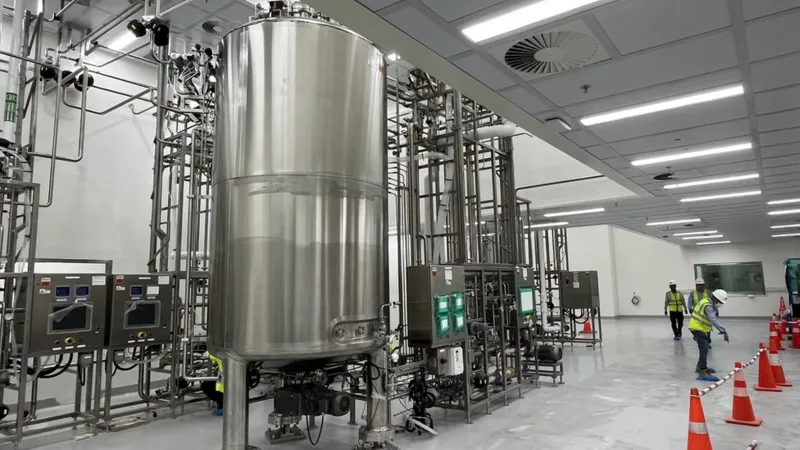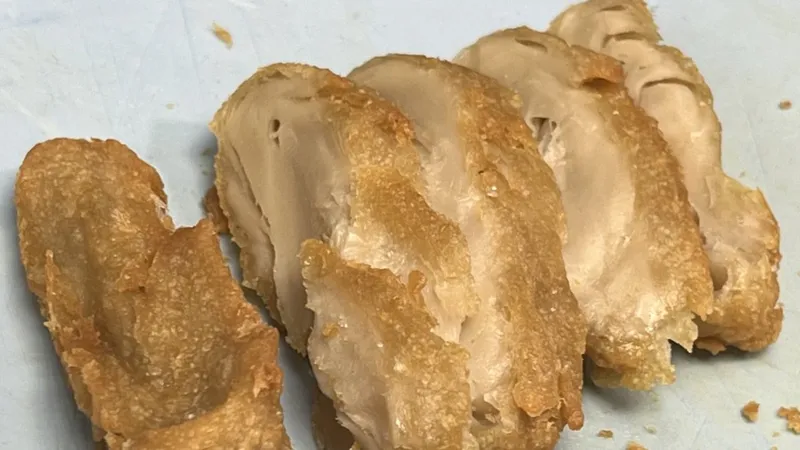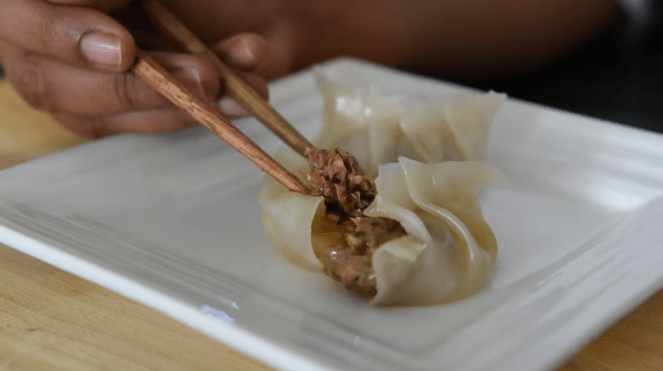In May, a significant milestone was achieved in Singapore when Huber’s Butchery began selling lab-grown meat directly to consumers. Visitors watched as a chef prepared tacos with filets consisting of 3% chicken cells and 97% plant proteins, delivering a taste and texture indistinguishable from traditional chicken.

The Eat Just production facility being built in Singapore
Mixed Reactions from Consumers
While some, like Sascha Wenninger, 39, embraced the cruelty-free option, others, including Philippe Ritoux, 58, remained skeptical, preferring natural chicken.

Deep-fried Eat Just cultivated chicken
Singapore: A Hub for Food Innovation
Singapore has invested heavily in innovative food solutions due to its limited farming land, importing 90% of its food. The city-state approved the first commercial sale of lab-grown meat in 2020 and continues to support the development of alternative proteins through subsidies and research grants.

Economic and Environmental Implications
Despite its potential, lab-grown meat faces challenges, including high production costs and scaling issues. A quarter-pound bag of cultivated meat at Huber’s costs 7.20 Singapore dollars ($5.30). Funding for startups in this field is also dwindling, posing a threat to further advancements.
Future Prospects and Global Impact
Other companies, like Israel’s Aleph Farms, are looking to enter the Singapore market, recognizing the need for sustainable alternatives to traditional meat. Singapore’s focus on alternative proteins aims to secure its food future and reduce its environmental footprint.











